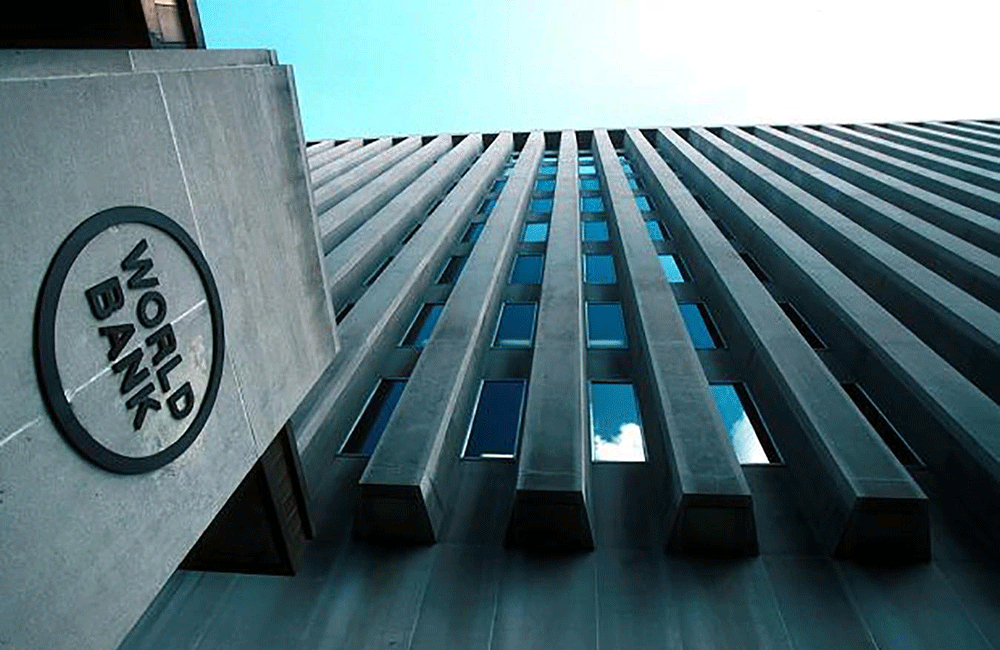The World Bank projecting an economic growth of 4.8 percent for Sri Lanka this year warns that while the economic outlook remains favorable, challenging political environment impeding reforms is a key risk for the medium-term growth as political uncertainties slowed the implementation of reforms.
"The outlook remains favorable, provided the government is committed to the reform agenda of improving competitiveness, governance and public financial management," the global lender said in its latest report "South Asia Economic Focus Spring 2018".
Together with the IMF program, these reforms will add to confidence and support fiscal consolidation efforts.
The report projects the growth to rebound in 2018 from a low base and continue to be around 4.5 percent in the medium term, driven by private consumption and investment.
Inflation will stabilize at the mid-single digit level as the impact of natural disasters wears off, although the upward trend in oil prices may exert some upward pressure.
The external sector will continue to benefit from the GSP+ preferential access to the European Union and tourism receipts, despite the deceleration of remittances.
External buffers are expected to improve, with emphasis on purchasing foreign exchange, maintaining a more market-determined exchange rate, and increased FDI.
The overall fiscal deficit is projected to fall in the medium term, supported by the ongoing implementation of revenue measures.
Growth should continue to translate into poverty reduction and improvement in living standards.
However, a further slowdown in reform implementation, in a challenging political environment, remains the key risk to the baseline and the impending election cycle elevates this risk, the Bank warns.
The World Bank cautions that Sri Lanka faces several challenges that increasingly put its future economic growth and stability at risk, which must be addressed through macro and structural reforms and it suggests to:
(1) stay on the fiscal consolidation path by broadening and simplifying the tax base and aligning spending with priorities. This is important given high public debt, SOE debt and guarantees and large gross financing requirements;
(2) shift towards a private investment-tradable sector-led growth model by improving trade, investment, innovation and the business environment;
(3) improve governance and accountability by implementing the Right to Information Act for citizens' engagement and improve SOE performance and service delivery; and (4) reduce vulnerability and risks in the economy by enhancing disaster preparedness and mitigating the impact of reforms on the poor and vulnerable with well-targeted spending;
(4) reduce vulnerability and risks in the economy by enhancing disaster preparedness and mitigating the impact of reforms on the poor and vulnerable with well-targeted spending.
Source : Colombo Page

Leave your comments
Login to post a comment
Post comment as a guest